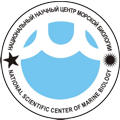 |
News & Announcements
The Consulate General of the Republic of India in Vladivostok celebrated the Republic Day
On January 26, 2026, the Consulate General of the Republic of India in Vladivostok held a reception to mark the 77th anniversary of the Republic Day, India’s major national holiday.
The Republic Day commemorates the adoption of the Constitution of the Republic of India and the country’s transition from British dominion to a republic, which came into effect on January 26, 1950. On this day in 1930, the Indian National Congress passed the Declaration of the Independence of India (Purna Swaraj).
The reception was held at the Lotte Hotel. Among the guests were the Governor of Primorsky Krai O.N. Kozhemyako, the Mayor of Vladivostok K.V. Shestakov, other officials of the Government of Primorsky Krai and Vladivostok, and representatives of business, science, education, and public organizations. Representatives of the NSCMB FEB RAS and its branch, the Primorsky Aquarium, were also invited. The guests of honor congratulated the hosts. The program included a concert featuring traditional Indian dances and music, and also a buffet with Indian national dishes. The Indian diplomats and the Russian officials noted the continuous and long-term friendship between the peoples of Russia and India, the active development of trade, economic, cultural, scientific, and other ties, and the genuine interest of Russians in the ancient culture of India. Commemorative gifts were exchanged.
Konstantin A. Lutaenko, the Deputy Director for International Cooperation of the NSCMB FEB RAS, congratulated Mr. Siddarth Gowrav, Consul General of the Republic of India in Vladivostok, and expressed confidence in further scientific cooperation. Our Center maintains ties with a number of Indian scientific organizations. Two cooperation agreements have been signed by the Center with the Indian Institute of Science Education and Research (Kolkata) and the CSIR–National Institute of Oceanography (Dona Paula, Goa). The Center regularly holds online meetings with Indian scientists; diplomats of the Consulate General have visited both the Center and the Primorsky Aquarium on several occasions; and there have been joint publications with Indian colleagues.
The NSCMB FEB RAS cordially congratulates its Indian colleagues on the Republic Day and wishes them prosperity, well-being, and continued success in all areas of bilateral relations between the two countries.
Happy New Year!
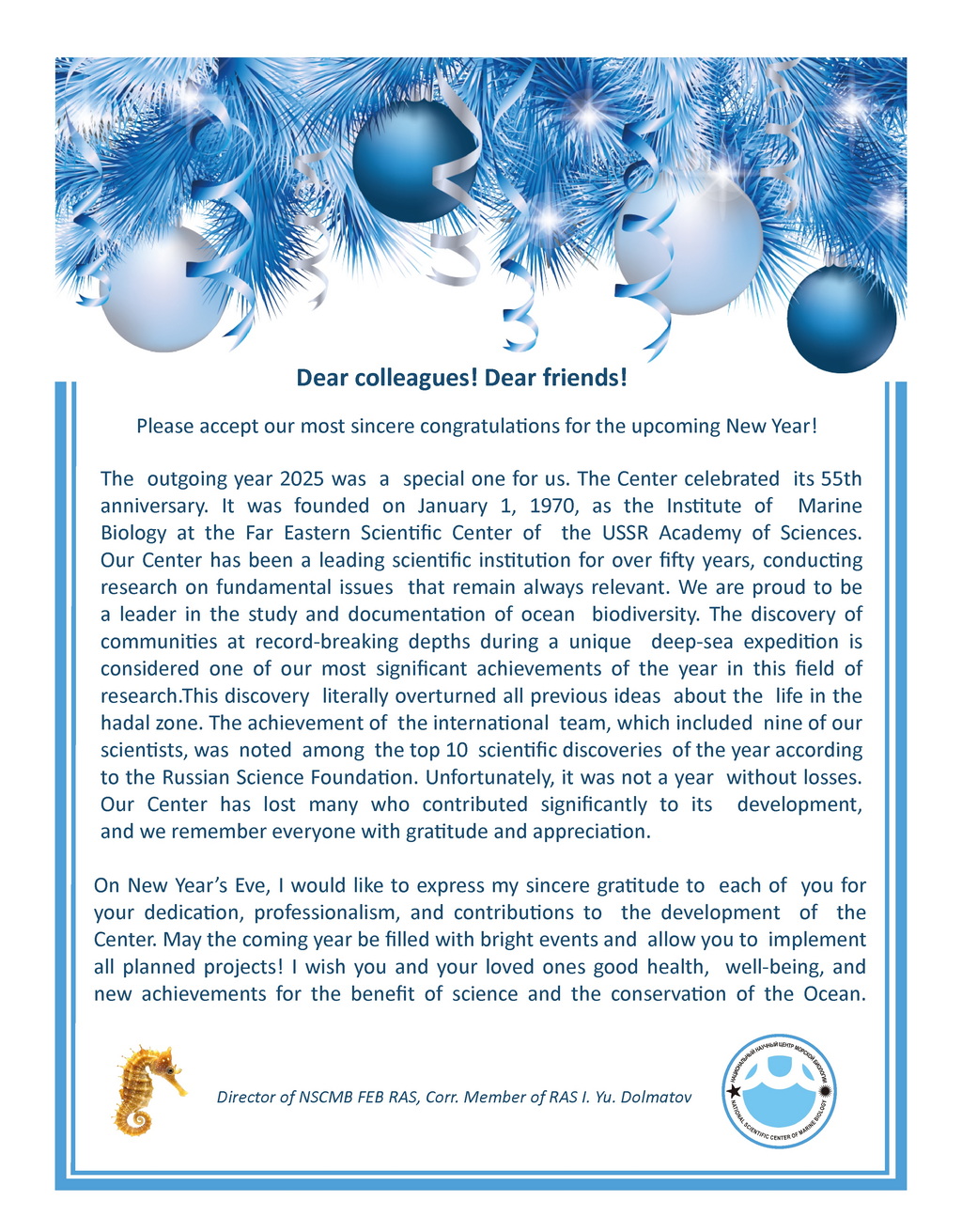
Merry Christmas and Happy New Year!
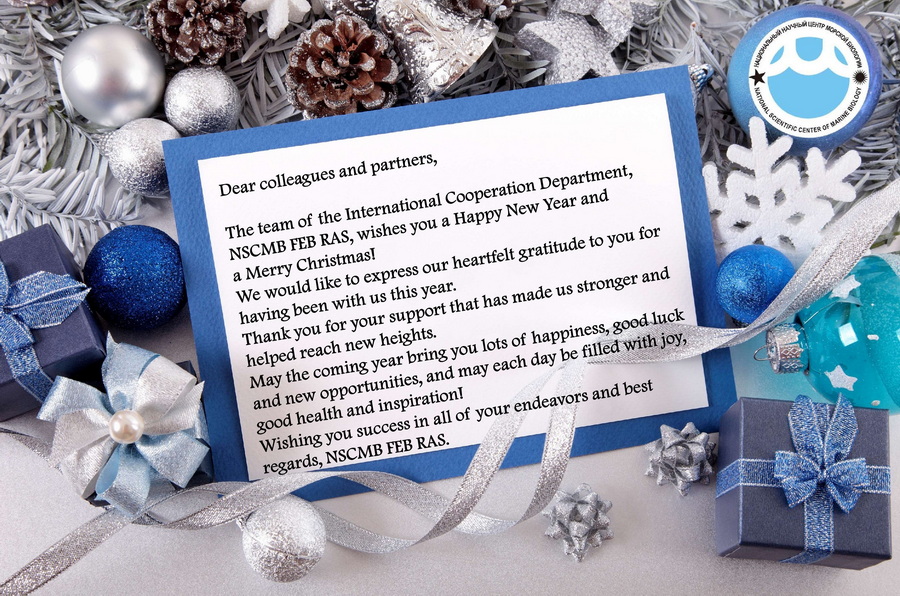
International Scientific and Practical Conference “Ocean Conservation through Education and Research” (OCER-2026)
The Primorsky Aquarium – Branch of the NSCMB FEB RAS has the pleasure of inviting you to attend the International Scientific and Practical Conference in Celebration of the Primorsky Aquarium's 10th Anniversary entitled “Ocean Conservation through Education and Research” (OCER-2026), which will be held on September 14–17, 2026.
The scientific part of the OCER-26's program will include sessions within the following sections:
- Section I. Basic research in marine biology.
- Section II. Scientific research in public aquariums.
- Section III. The welfare of wild animals in human care: ethical aspects.
IMPORTANT DATES
- December 01, 2025 – Opening of registration and paper title submission
- January 19, 2026 – Deadline for registration and paper title submission
- March 23, 2026 – Deadline for abstract submission
- May 18, 2026 – Abstract acceptance notification
- August 17, 2026 – Preliminary conference program released
- September 14-17, 2026 – Conference live days
Conference format – In-person.
ORGANIZING COMMITTEE
To become a sponsor, please contact:
- Dr. Anna Ponomareva This email address is being protected from spambots. You need JavaScript enabled to view it.
- Dr. Mariia Shulgina This email address is being protected from spambots. You need JavaScript enabled to view it.
For details on participation and registration, please contact:
- Mr. Kirill Tevs This email address is being protected from spambots. You need JavaScript enabled to view it.
For visa support, please contact:
- Ms. Inna Ustinova This email address is being protected from spambots. You need JavaScript enabled to view it.
More detailed information can be found in the first circular.
All-Russian Conference with international contributions “Lipid Biochemistry”
The A.V. Zhirmunsky National Scientific Center of Marine Biology, Far Eastern Branch, Russian Academy of Sciences, held the All-Russian Conference with international contributions “Lipid Biochemistry” on October 7–8, 2025, in Vladivostok.
The conference, dedicated to the 90th anniversary of the birth of the outstanding biochemist Viktor Evgenievich Vaskovsky, brought together more than 150 scientists from different cities of Russia (Vladivostok, Moscow, Saint Petersburg, Blagoveshchensk, Krasnoyarsk and others), as well as participants from the UK, Turkey and the Republic of Belarus. As part of the scientific program, 56 presentations were delivered: 17 oral reports, 14 remote presentations and 25 poster papers.
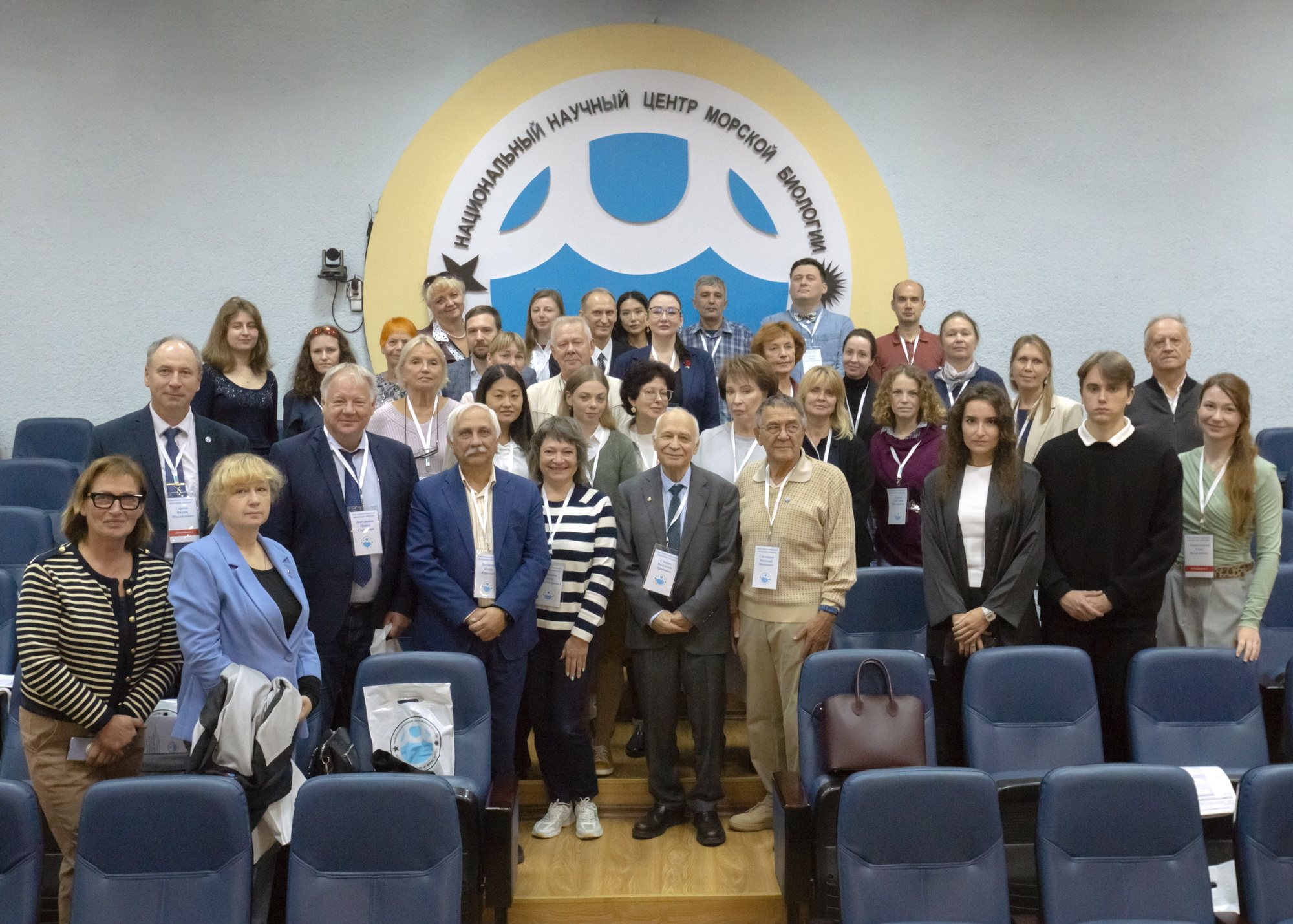
The plenary meeting was opened by the chair of the organizing committee Dr. Natalia Vladimirovna Zhukova and the director of the NSCMB FEB RAS Igor Yuryevich Dolmatov, Corr. Member of RAS. The director of the PIBOC FEB RAS Pavel Sergeyevich Dmitrenok, Corr. Member of the RAS, also gave a welcoming speech.
The conference program included the following sessions:
- History of lipid research and novel research methods;
- Lipids of aquatic organisms;
- Lipids of plants and fungi;
- Lipids and human health;
- Practical applications and lipid biotechnology.
On the first day, participants discussed the latest theoretical and applied results in lipid biochemistry.
A significant part of the scientific program consisted of presentations delivered by young scientists.
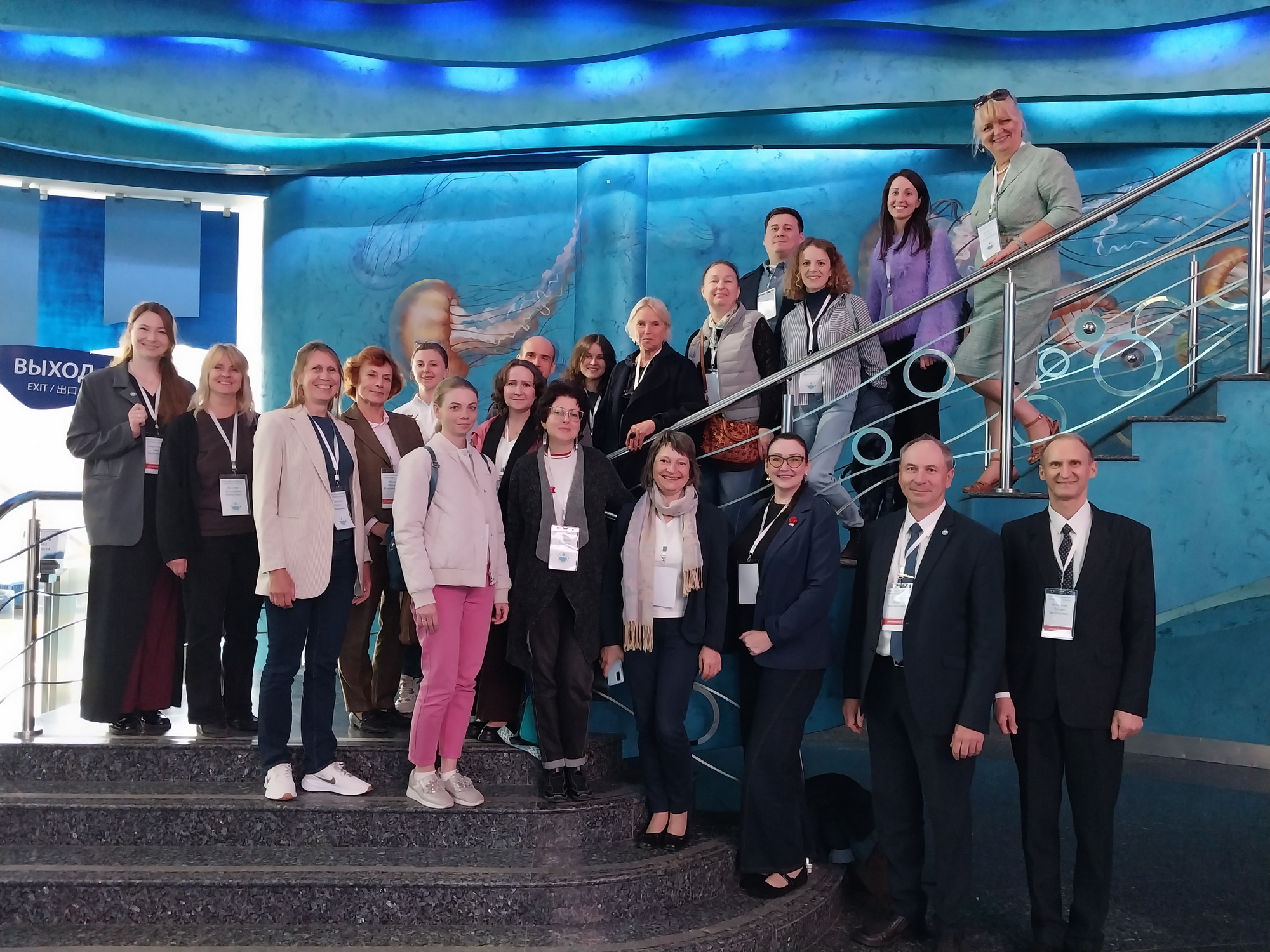
The second day was held at the Primorsky Aquarium Scientific and Educational Center, a branch of the NSCMB FEB RAS, where the participants not only continued presenting their scientific reports, but also visited the exhibitions and a marine mammal show.
NSCMB FEB RAS marks its 55th anniversary
On September 22, a gala meeting dedicated to the 55th anniversary of the NSCMB FEB RAS was held at the Pushkinskiy Theater of the Far Eastern Federal University. The Center was founded on January 1, 1970, as the Institute of Marine Biology within the Far Eastern Scientific Center of the USSR Academy of Sciences.
Scientists from the NSCMB FEB RAS took part in the 3rd International Conference on Biology, Geology and Environment of Hadal Trenches
On September 28–30, 2025, the 3rd International Conference on Biology, Geology, and Environment of Hadal Trenches was organized by the Institute of Deep-sea Science and Engineering, CAS. This international symposium is currently one of the most significant platforms for sharing research results, new ideas, and plans to study the oceans at maximum depths. This year, the conference became an official event of the Global Hadal Exploration Programme (GHEP*), under the auspices of the UN Program «Decade of Ocean Science for Sustainable Development».
| Contacts: |
|
Palchevskogo str. 17 |
|
Vladivostok, Russia, 690041 |
|
Phone: +7 (423) 2310905 |
|
Fax: +7 (423) 2310900 |

